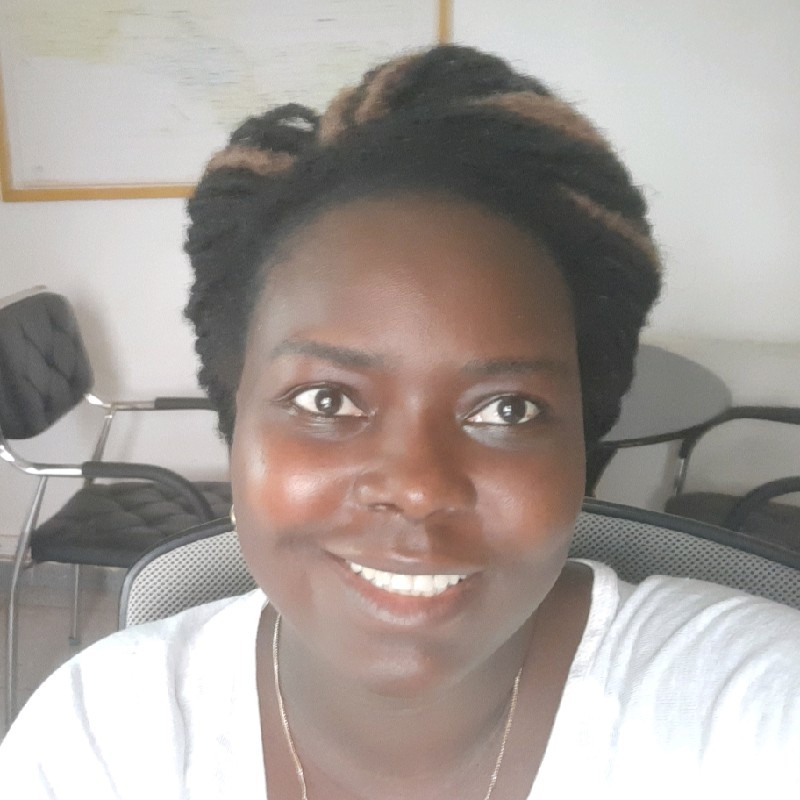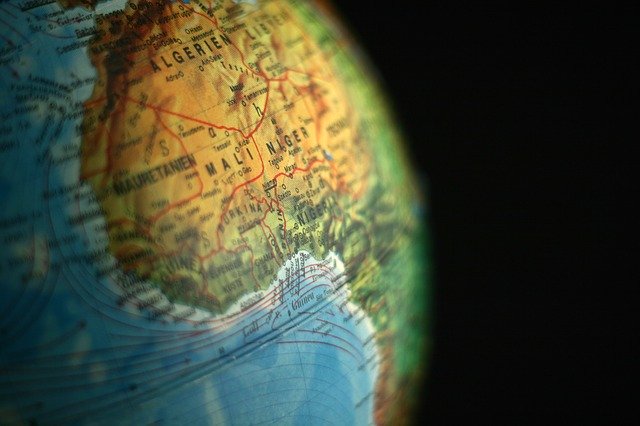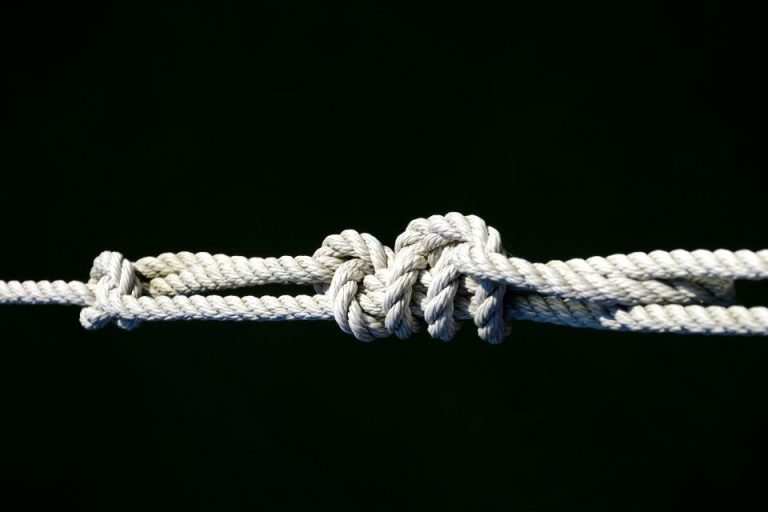Dabagaï Dabagaï is Country Director of Acción Contra el Hambre (Action against Hunger) in Mali. In this interview of the series “Faces around CHA”, Dabagaï explains why according to her the peace component of the Humanitarian-Development-Peace Nexus, in short Triple Nexus, is problematic and what this means in a country such as Mali. She offers insight on how the COVID-19 pandemic is influencing her daily work.
Dabagaï, you have recently participated in our CHA Webinar on the Triple Nexus and the humanitarian principles. If I may quote you: “The problematic aspect of the Triple Nexus is its peace component”. What exactly do you mean by saying this – could you expand a bit further?
The peace component goes beyond social cohesion or soft activities related to conflict prevention and resolution. Peace in the Triple Nexus also includes armed actors both state and non-state groups who are parties to the conflict. The role of these actors in providing peace raises questions on
- how far the humanitarian stakeholders – defining themselves as neutral, impartial, and independent – may be involved in discussions with the armed groups within a Triple Nexus framework.
- the consequences and implications that may result from the perceptions that humanitarian actors involved and interacting with a common framework of a Triple Nexus include stakeholders for the peace component.
Unfortunately, in our daily work in the field, being perceived as non-neutral and non-impartial has serious impact on humanitarian assistance. We refer to examples and literature from humanitarianism pointing at the role of state and non-state armed actors and the consequences for aid. Please note that I am not putting emphasis on the more ideological consequences related to the politicisation of aid, on neo-colonialism and other conceptual discussions. The consequences in the field for aid actors, mainly INGOs, are as follows:
- the perception bias by communities who may accept our interventions more or less.
- additional risks to humanitarian access due to threats by non-state armed groups who do loot humanitarian facilities and basic social services, who threat our staff, if not murdering them, and who do not hesitate to illegally detain the teams and questioning them because of suspicions of spying for the West.
- and retaliation by the forces and the state apparatus in the name of the implementation of counter-terrorism policies, as humanitarian actors would be collaborating with terrorists.
Definitely, the peace component of the Triple Nexus imposes to be careful on handling and positioning if humanitarianism would not want to compromise the access and the security for the communities we are working with and our teams in order to improve people’s lives.
One of your criticisms regarding the Triple Nexus is that it is too abstract and not operational enough. In your view, what would be suggestions on how to improve coordination and coherence in Mali?
It is too abstract to pretend that a centred humanity principle in humanitarian intervention will make the Triple Nexus more adapted to humanitarianism. In Mali, the coordination and coherence might be improving via:
- strengthening the framework of coordination by implementing the Senior Transformative Agenda Implementation Team (STAIT) recommendations for Mali in 2017 completely and by setting up a more open decision-making mechanism within the framework of coordination. Why not having a written and adapted decision-making process?
- opening the coordination to all the stakeholders including local actors. Having a wide range of stakeholders will enable to engage all the actors involved in the Triple Nexus, to not blur lines and to have a common understanding and vision.
- promoting a neutral leadership for the he Triple Nexus that is not deeply involved in one of the Nexus’ components.
Tell me more about your daily work. In what way does the Triple Nexus influence the way you work at the moment?
I would say that at this moment we are struggling to ensure the continuum and the contiguum from an emergency set up to a long-term and impact driven programming. For sure, we would like that people we are supporting and assisting can have a better life playing again the major role in their own lives.
The other part of the Triple Nexus influencing my daily work is the care we are taking to ensure access in remote areas to provide assistance to vulnerable populations under nutritional insecurity. These populations are caught between the forces having operations, evolving armed non-state actors and a fragile state failing to meet its social responsibilities.
I am very sorry to have learned that in one of the field bases of Acción Contra el Hambre in Northern Mali, COVID-19 has been confirmed. How is the situation right now – is everybody safe and in good condition? How does the COVID-19 pandemic challenge the already tense humanitarian situation in Northern Mali?
Indeed, in Northern Mali, COVID-19 cases have been reported within our teams. So far, we are lucky that the reported cases are asymptomatic and most of them recovered. The main challenges COVID-19 brings to a complex humanitarian context are:
- ensuring operational continuity while guaranteeing the safety of our humanitarian workers and communities where we are intervening.
- reshaping and readapting our programming – modalities of activities, logistics set up’s and financial realignment of our budget – to protect people from COVID-19 and to keep responding to humanitarian needs.
- the Humanitarian Response Plan is still underfunded and there are COVID-19-related needs to tackle. COVID-19 is an additional challenge to nutrition insecurity, poor hygiene and sanitation conditions and a weak health system. In May 2020, only 29% of the humanitarian funds requested were met.
- COVID-19 is an additional threat to the acceptance of our activities in the field. The common opinion on COVID-19 is that it has been spread by foreigners.
- too many layers of coordination create additional pressure to the humanitarian leadership. At local and regional level, all meetings should be linked and messages consistent.

After studies in Classical Philosophy, Human Rights and Humanitarian Action, Dabagaï Dabagaï has been engaged in the humanitarian sector since 2011. She started her professional life at Médecins Sans Frontières (MSF-Switzerland) before joining Action contre la Faim (ACF) in 2012. Dabagaï has been working for ACF in Chad, Mauritania, Liberia and Central African Republic. She has been Country Director since 2017 and is presently the Country Director for ACF in Mali. During all these years, she has been strongly involved in humanitarian coordination issue and ethics.
The interview was conducted by CHA Communications Officer Lena Wallach on June 26. Dabagaï answered the questions in writing.





